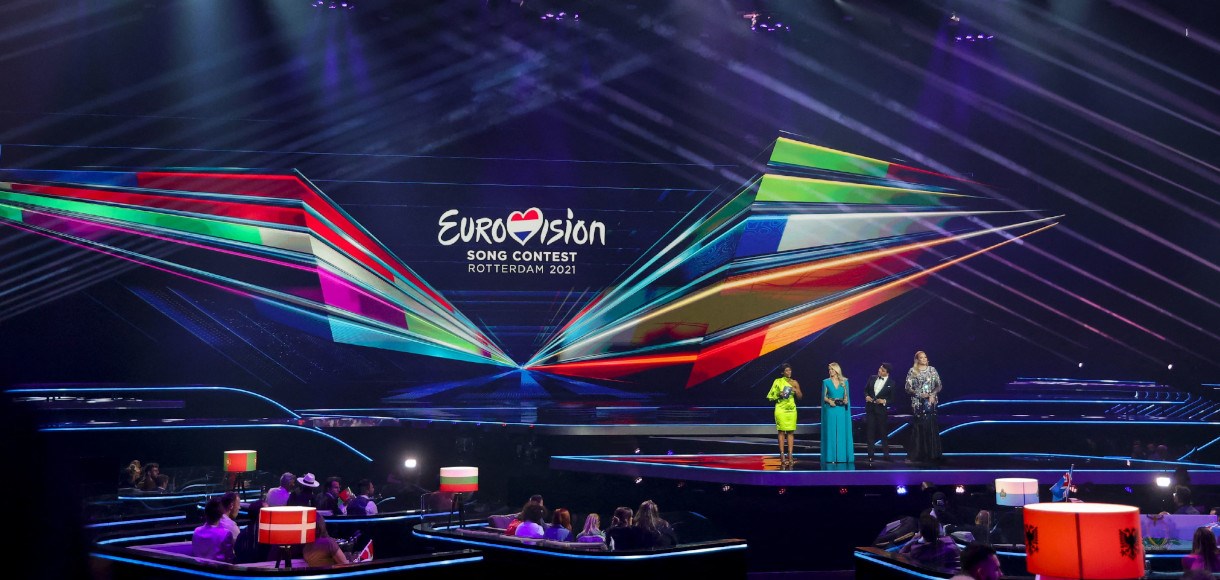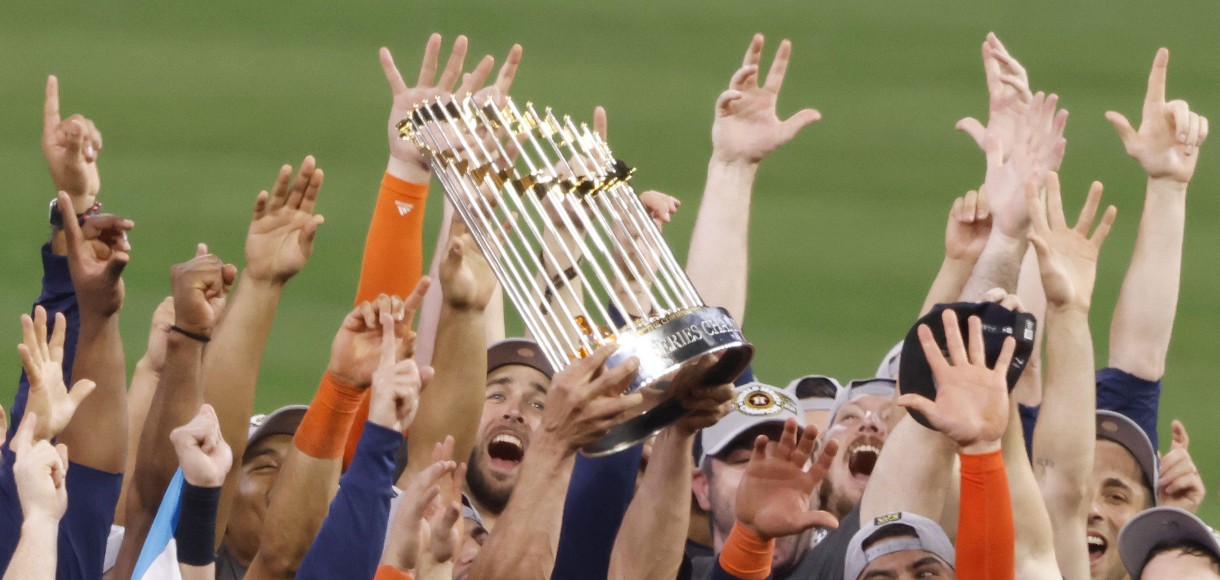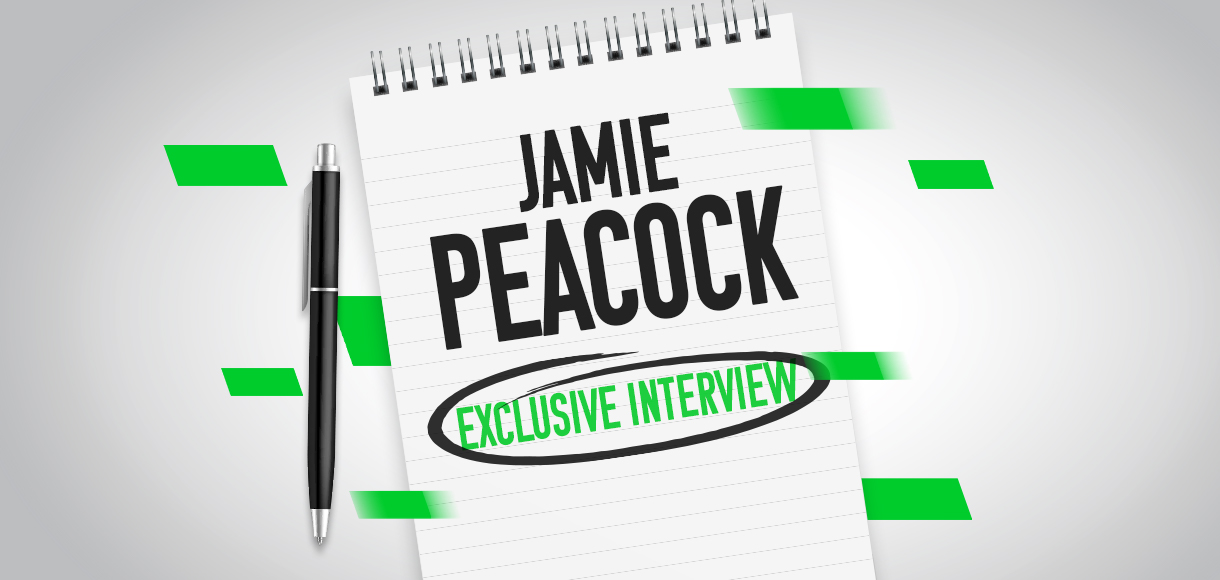Eurovision Song Contest 2021 betting tips

Tom Clover analyses the markets and picks out his best bets for the 2021 Eurovision Song Contest in Rotterdam.
When Bobby Fischer flew to Reykjavik for the 1972 World Chess Championship, the Cold War was at its freezing height. Henry Kissinger had personally persuaded Fischer to go, confident that he could defeat the Soviet champion, Boris Spassky, and give the US a huge soft power boost in the conflict between the superpowers.
In the same way that the "Match of the Century" was never really about pieces on a chessboard, the Eurovision Song Contest has never really been about music. Kissinger himself would have recognised the global geopolitics, petty vendettas and bitter feuds that that lie behind the glossy Europop, and doubtless enjoyed the spectacle even more as a result.
Eurovision has been a political entity since conception, originating as an early salvo in European co-operation and detente in the post-war years. It could be said that Eurovision was the League of Nations to the EU’s UN, a tentative political forerunner in glittery costumes.
When searching for a Eurovision winner, a subscription to Foreign Policy and Newsweek has often been as valuable as a set of headphones and a YouTube playlist, and this is far from a new phenomenon.
We can go back to 1968, at least, and consider the defeat of Cliff Richard and Congratulations by the sinister forces of the Franco regime in Spain. It is alleged that widespread vote-buying occurred across Europe to help the Spanish contestant Massiel beat Cliff, and the odds, to give the beleaguered Franco a much-needed PR boost.
This year, the absence of Armenia, for example, can only be beneficial to the chances of Efendi from Azerbaijan. The two countries almost never vote for one another – Azerbaijan has not awarded Armenia a single point in Eurovision history.
This has the decided advantage for the Azeris of removing a hostile jury and public vote segment from Armenia. Already an over-achiever at the Contest, with a win and five top-five places since accession in 2008, Azerbaijan will have high hopes in favourable circumstances of at least landing the odds for a Top-10 place.
It should also be noted that, in general terms, countries of broadly similar geographical location tend to vote for each other more, simply because musical tastes and cultural attitudes, speaking in broad strokes, tend to be similar.
Armenia’s absence will probably not have assisted the Georgian entrant Tornike Kipiani, who is so popular in the Caucasus region that he has won two different reality TV shows in his homeland.
It is equally valid to consider the importance of the public mood and sentiment of the day. We can recall 1974, when ABBA swept almost all before them in Brighton, as an example.
The United Kingdom jury failed to award top points to Waterloo, preferring instead Italy’s entry. Si by Gigliola Cinquetti was censored at home for supposedly being an attempt at influencing votes in Italy’s concurrent divorce referendum, and the UK jury’s points were seen as a tacit support of the cause, and rebuke to the censors in Rome.
Many such causes have highlighted Eurovision’s progressive politics over the years, perhaps most famously Israeli transsexual Dana International’s victory in 1998.
This year we may expect the embrace of the #MeToo and Black Lives Matter movements, most obviously in the form of the Maltese entry.
"In a society where size zero reigns, I am saying: Je Me Casse... In a society where bi-racial people are considered unusual, I say: Je Me Casse," explains the singer, Destiny, who is vying for favouritism at and we may expect votes not only because of the song’s excellence, but also because of the underlying sentiment.
To a lesser extent, we can perhaps draw out some themes of unity in the French entry, current second-favourite Voila by Barbara Pravi.
Drawing on the chanson francaise tradition, it was hugely popular across French society; a soft, positive nationalism reminiscent of the early days of Emmanuel Macron’s En Marche and rebuke, perhaps, to the quinquennial electoral battle against the far right of Marine Le Pen. It, too, will draw support from far and wide.
The 2020 Contest was, of course, cancelled and the events surrounding this year’s edition have been curtailed, but Rotterdam has done a fine job thus far of providing an engaging spectacle, especially through its virtual Eurovision village.
It is certainly worth considering whether the new circumstances will affect things in any way. Most obviously, Australian entrant Montaigne had to perform virtually due to current travel restrictions.
This was certainly a disadvantage, despite the realistic projection of her recorded performance onto the real stage, but her semi-final elimination means that we need not concern ourselves further here.
Numerous travelling delegations had to miss the turquoise carpet event due to positive tests, and it is important to remember that this may yet affect the Contest in unpredictable ways. Each contestant has recorded a virtual performance should they not be able to appear in person on Saturday night.
This leaves us with a continent that is hoping to be in the early stages of a transition into more positive circumstances, a continent seeking affirmations and progressive messages, eager to be educated and entertained.
Malta ticks all the boxes, and it would be no surprise to see Destiny as clear favourite by Saturday evening.
Is it possible to pick out others further down the list, who fit our criteria at juicier prices? Norway, at time of writing, are represented by Andreas Haukeland, whose stage name TIX is a deliberate nod to his Tourette Syndrome.
"I chose to take ownership over the name TIX," he said, indicating that he hopes to use the Contest to "shine a Eurovision light on neurodiversity".
Of the outsiders, Germany, at , offer an unmistakeably cheerful, positive vibe. I Don’t Feel Hate is not subtle in its message, but the engagingly extroverted Jendrik Sigwart is hitting all the right notes of our time, and may be just what 2021’s Eurovision needs.





































